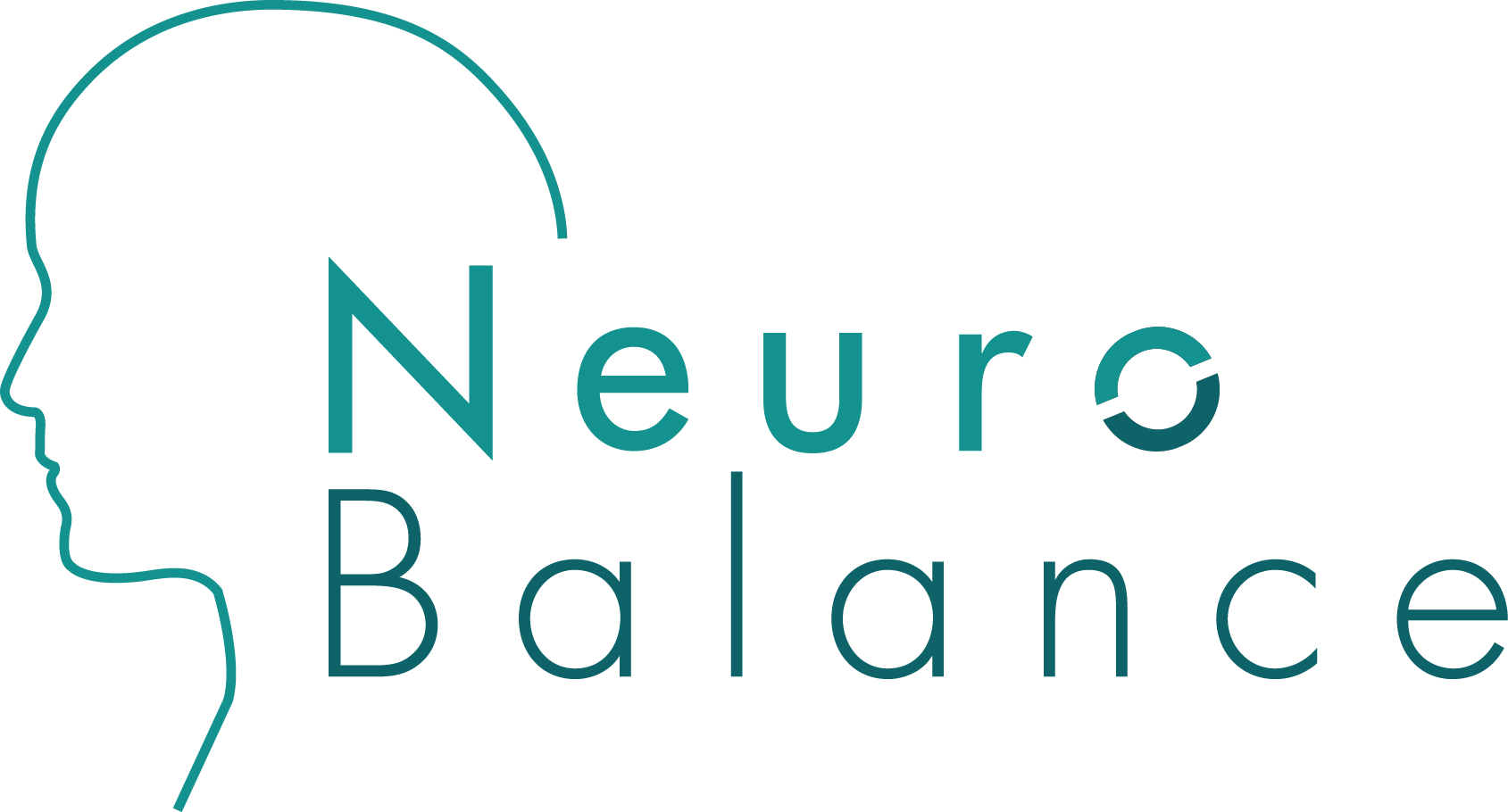The Hidden Neurological Dimensions of Long Covid: Dopamine Neuron Senescence and it's Implications
Uncovering the Neurological Effects of SARS-CoV-2
A revolutionary study from Weill Cornell Medicine, in collaboration with Memorial Sloan Kettering Cancer Center and Columbia University Vagelos College of Physicians and Surgeons, has made a significant breakthrough in understanding the neurological impacts of COVID-19. Published in "Cell Stem Cell" on January 17, 2024, this study provides critical insights into how SARS-CoV-2, the virus responsible for COVID-19, affects dopamine-producing neurons in the brain, leading to cell senescence and potential long-term neurological complications.
The Study: A Deep Dive into Dopamine Neuron Interaction with SARS-CoV-2
The research team, led by Dr. Shuibing Chen, embarked on a comprehensive study to investigate the response of various cell types to SARS-CoV-2 infection. They experimented with multiple cell types derived from human stem cells, including lung, heart, pancreatic beta cells, and neurons, to assess their vulnerability to the virus. Remarkably, the study revealed that approximately five percent of dopamine neurons could be infected by SARS-CoV-2, a lower rate compared to lung cells but significant enough to cause considerable concern due to their critical role in brain function.
The Unexpected Discovery: Dopamine Neuron Senescence
One of the most unexpected findings of this research was that SARS-CoV-2 could trigger senescence in dopamine neurons. Cell senescence refers to a state where cells lose their ability to grow and divide, leading to various functional impairments. This phenomenon was particularly pronounced in dopamine neurons, unlike in other cell types like lung organoids, pancreatic cells, liver organoids, or heart cells, where the senescence pathway was not significantly activated.
Implications: From Brain Fog to Parkinson’s Disease
The senescence of dopamine neurons has profound implications for understanding the neurological symptoms associated with long COVID, such as brain fog, lethargy, and depression. Since dopamine is pivotal in regulating pleasure, motivation, memory, sleep, and movement, disruptions in its production could lead to a wide array of neurological symptoms. Furthermore, given the role of dopamine neuron senescence in Parkinson’s disease, there is a growing concern that long COVID patients might be at an increased risk of developing Parkinson’s-like symptoms.
Protective Strategies and Drug Discoveries
In an effort to mitigate these risks, the researchers tested various drugs to identify those that could either prevent SARS-CoV-2 infection in dopamine neurons or rescue them from senescence. The study identified three promising drugs: riluzole (used for ALS), metformin (used for diabetes), and imatinib (used for cancer). These drugs showed potential in blocking SARS-CoV-2 infection, thereby preventing senescence in dopamine cells.
The Broader Picture: Genetics, Severity, and Risk Factors
The study acknowledges that while most people are exposed to COVID-19, the risk of developing neurological symptoms varies greatly among individuals, influenced by factors like the severity of the disease and genetic predispositions. Ongoing human population studies aim to explore these aspects further.
Monitoring and Future Research
While the clinical relevance of these findings is still evolving, the study underscores the necessity of monitoring long COVID patients for symptoms indicative of Parkinson’s disease. The research sets a new direction for future studies to understand the full spectrum of long COVID’s impact on the brain and develop targeted interventions to protect and restore neurological health.
Reference
Yang L, Kim TW, Han Y, et al. SARS-CoV-2 infection causes dopaminergic neuron senescence. Cell Stem Cell. 2024. doi: 10.1016/j.stem.2023.12.012
This article is based on research findings that have been republished from the original materials. For detailed information, contact the cited source.
-A Balanced Brain is a Better Brain for a Happier Life-
